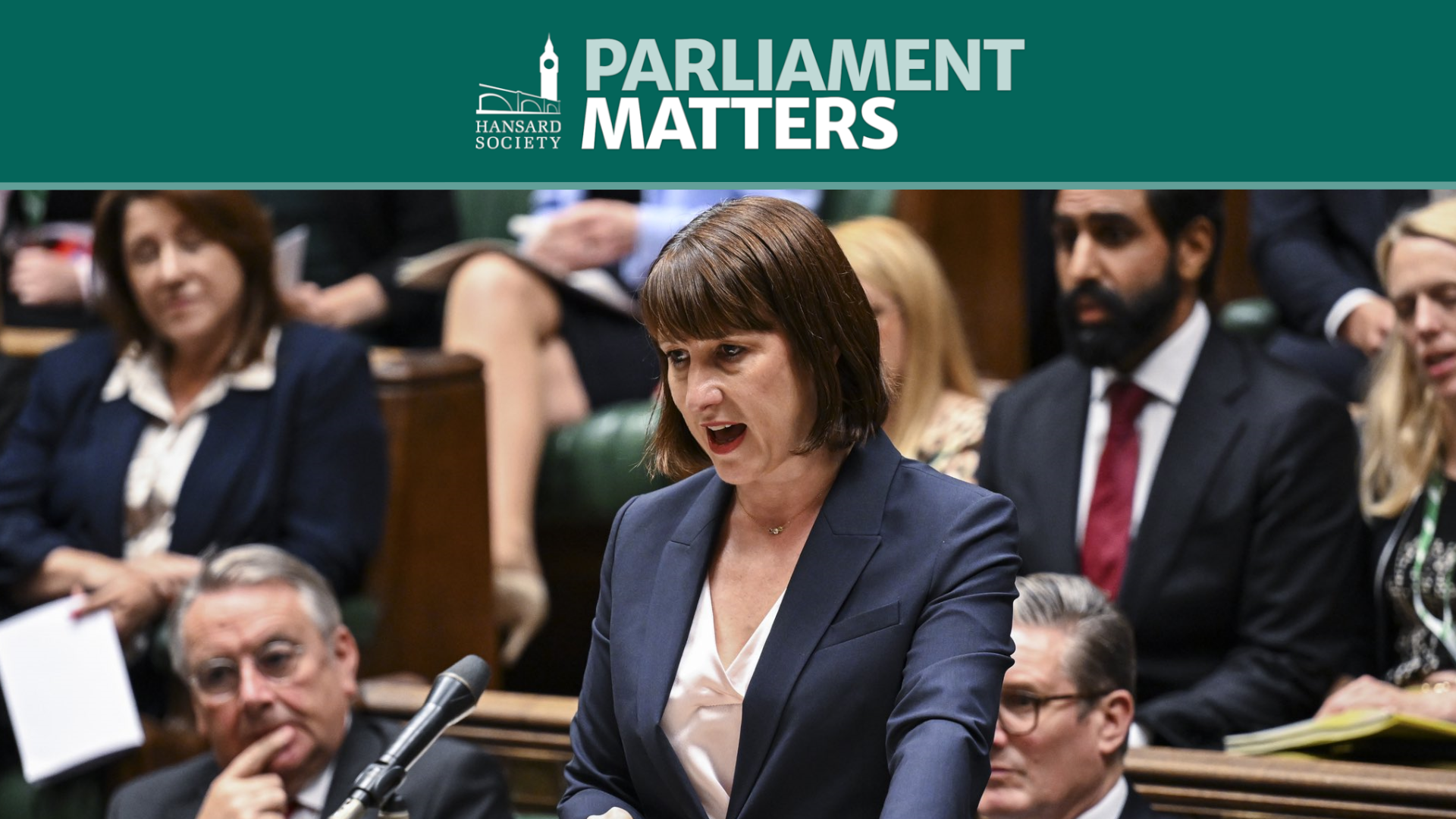News / Assisted dying bill: How could the Parliament Act be used? - Parliament Matters podcast, Episode 128
As the assisted dying bill grinds through the House of Lords under the weight of more than a thousand amendments, Lord Falconer has signalled that time is running out. With the Bill unlikely to complete its Lords stages this Session, he has openly raised the possibility of using the Parliament Act to override the upper House in the next Session. In this episode we explore what that would mean, how it could work in practice, and the political choices now facing ministers and Parliament. Listen and subscribe: Apple Podcasts · Spotify · Acast · YouTube · Other apps · RSS





